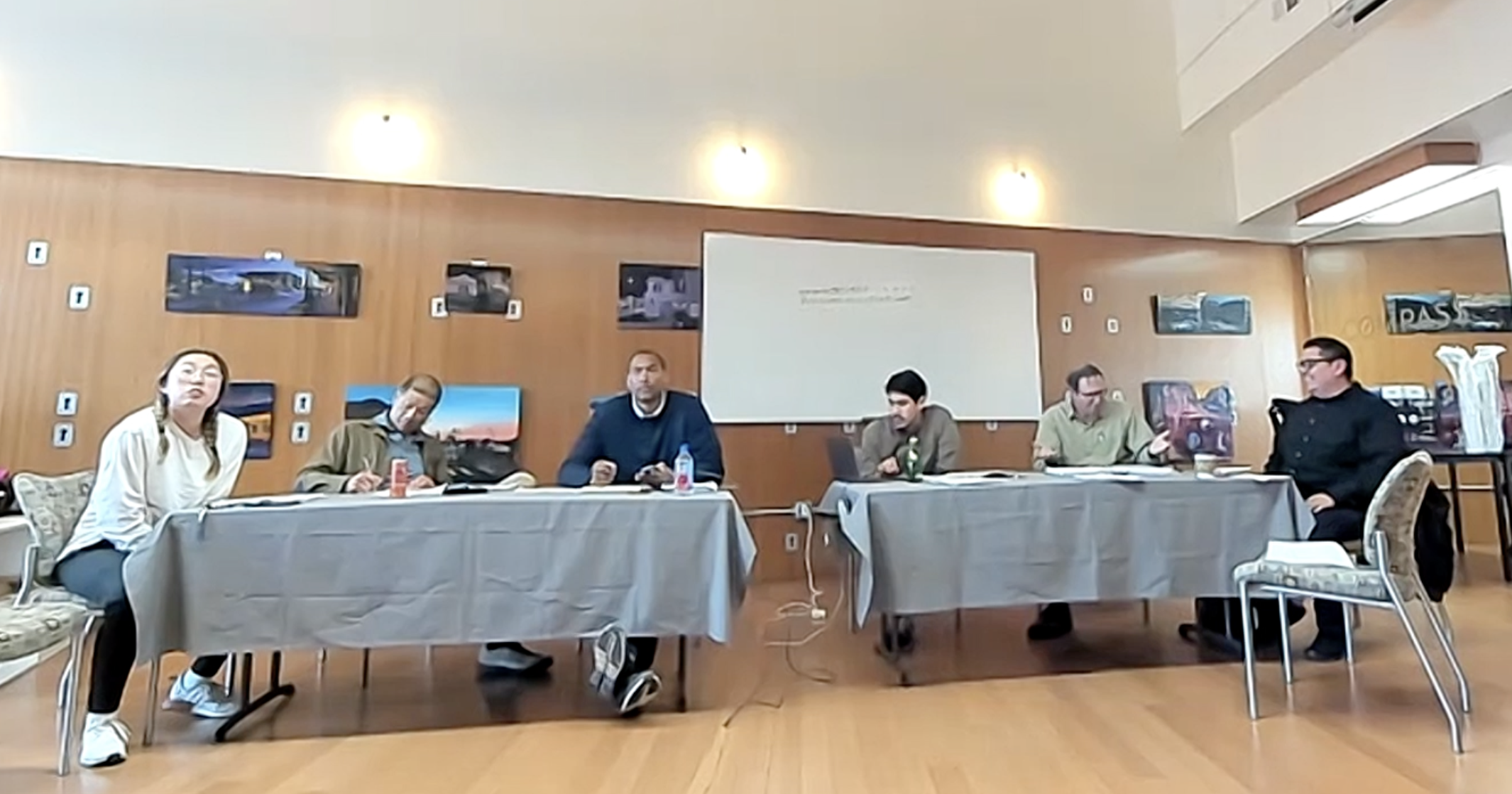🟧 96 Units On Ocean // Balboa Reservoir Project Update
In this week’s newsletter, we dig into plans for 96 units of housing on Ocean Avenue and more.
Supervisor Myrna Melgar requested the review last year.

The board of directors for the nonprofit charged with keeping Ingleside’s stretch of Ocean Avenue clean and vibrant needs to do a better job governing, according to a draft audit report commissioned by the San Francisco Controller’s Office and the Office of Economic and Workforce Development.
Sjoberg Evashenk Consulting conducted the audit to determine if the Ocean Avenue Association meets the terms of the agreement with the city to effectively manage the district and expend city grant funds.
The association is one of many special use districts in the city created by property owners to improve street conditions paid for by assessments on their property tax bills.
District 7 Supervisor Myrna Melgar requested the audit last year after merchants sent three letters to the Board of Supervisors Government Audit and Oversight Committee that expressed concern about the association’s performance and compliance.
The audit did not examine how the Office of Economic and Workforce Development can more effectively manage the district.

Sjoberg Evashenk Consulting issued 19 recommendations for the association.
The auditors found that the Ocean Avenue Association board needs to improve the basics of its governance and oversight, calling its organizational structure “ineffective” and claiming that clear roles and responsibilities were not defined between the board, management and staff.
Auditors found that a quarter of the directors had been serving on the board for over a decade, and encouraged the implementation of term limits.
Another issue identified had to do with the board’s public meetings, which must follow the state’s open meeting laws. While the report found that some meetings were partially compliant with meeting dates and times and agendas publicly posted in a timely manner and sufficient time for public comment, it found meetings did not fully comply with the Brown Act as required by its agreement with the city and its own by-laws.
The audit claimed minutes for board meetings held by teleconference since June 2020 did not show evidence that directors took the legally required roll call votes on motions.
“Because the board did not take the required roll call votes on motions during meetings conducted by teleconference, motions the board passed on or after June 17, 2020, may be invalid,” the report reads.
The association does comply with some of the provisions in its agreement with the city, but not all. Auditors found intermittent submission of required mid-year and annual reports to the Office of Economic and Workforce Development.
The audit also examined city grant administration. Of the three grants reviewed, auditors found the association did not strictly follow grant management policies and practices.
Ocean Avenue Association Executive Director Christian Martin accepted the findings and responded to the audit’s 19 recommendations with measures to address the problems.
In response to establishing the roles of the board of directors, executive director and staff, Martin wrote that the association has worked with OEWD for guidance and sought materials and advice from the city’s other community benefit districts.
A similar answer was given in response to a recommendation that the association improve on following open meeting laws.
Martin said the association engaged a certified public accountant that specializes in community benefit districts to address the issues of releasing mid-year and annual reports. Additionally, the accountant has set up a new payroll and time tracking system to document staff time.
The Office of Economic and Workforce Development has directed tens of thousands of dollars in grant funds to the association in the past three years to pay consultants to train the board of directors.
At its meeting on Monday, the Ocean Avenue Association board reviewed the findings but no action was taken and no members of the public commented on the matter.
We deliver neighborhood news, events and more every Thursday.